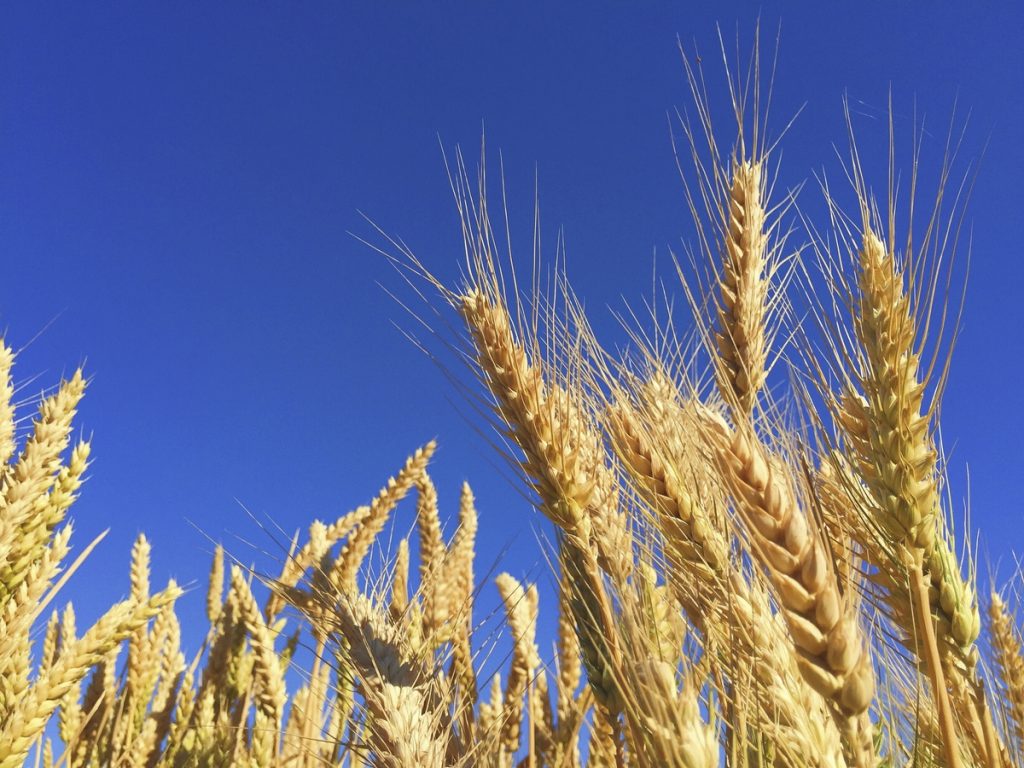
It is never too late to incorporate your farm, even if done shortly before you stop farming.
If you don’t have a successor to take over the farm, it is likely that an auction is part of your retirement plan. This means that there will be a year where you have a significant amount of additional income. Further, you will not have the opportunity to offset the income by pre-buying inputs or equipment which will be used in the next year. The result of this is that in a year involving retirement from farming and an auction, a non-incorporated farmer will probably be paying significantly more income taxes than they have paid in any other year, much of which will be at the highest possible personal tax bracket (47.5% in Saskatchewan).
One significant benefit of incorporation for a farmer is that corporate-level income taxes are lower than individual-level income taxes. During the growth phase of a farming business, incorporation provides an enhanced ability to grow the farm because there is additional after-tax money available to reinvest in the business as compared to if this was done individually. In later years, where a farm is quite profitable, or during an auction year, a corporation provides the ability to smooth out or defer the personal tax hit from this higher income by not paying all money out that the company earns each year.
If all money earned by a corporation in a year is paid out to the individual shareholders in the same year, the total tax paid is roughly the same as if that money had been earned by those individuals (assuming this money is taxed at the top marginal tax rate for individuals). However, if that money is paid out of the corporation to the individual shareholders over a number of years, thereby avoiding a large spike in income taxed at the top marginal tax rate in one year, this can provide substantial tax savings by accessing the marginal tax brackets of the individuals over those years.
The tax benefit of incorporating, even in the year of retirement and a sale, can often greatly outweigh the costs and effort of incorporating. Incorporating prior to the liquidation event for your farm is a relatively simple transaction, which requires the following:
- You incorporate a corporation, which will likely be owned by the farmer or farming couple.
- You will transfer into your corporation all the assets of your farm which were going to be sold. This usually includes machinery, equipment and perhaps remaining inventory, but could also include anything else which you anticipate selling. This transaction does not cause any tax to be payable.
- Your corporation will sell assets and pay corporate level income taxes on those sale proceeds. This general corporate tax rate is 27% in Saskatchewan but can be much lower if the small business deduction applies. This is the only tax which must be paid in the year of a sale.
- Over time, as and when you need the money from the sales made by your corporation, you can distribute this money out of the company to you as individuals in the form of dividends. This is when individual-level income taxes will become payable on those dividends. The goal is to keep these distributions low enough so that you take advantage of your marginal tax brackets on an annual basis.
The above steps should provide you the means to manage your personal income levels on a year over year basis to stay out of the top personal tax brackets. By doing so, you will have reduced the overall income taxes payable from your sale and final year of farming. The actual amount of tax savings can vary based on numerous factors personal to you and your planning, however this is something which can be mapped out by your tax professional prior to implementing this planning. If the potential tax bill from an auction has you concerned, your farm is likely valuable enough that there would be merit in considering this planning.
Although this is a relatively simple transaction, it is important to make sure that you review your overall retirement and estate plan as part of implementing the transaction. You will want to have a good picture of how and when you think you will require the funds from selling your farm. If you own land, you will want to consider how it integrates into your plan and whether you will be selling any land in addition to your other farming assets. Whether or not you will be selling your land, you will want to make sure you have plans as to how you will utilize your lifetime capital gains exemption, either on an eventual sale of the land to a third party, or on transfers of that land to children during your lifetime or when you pass away.
Lastly, once you have liquidated your farm, the make-up of your personal wealth is now substantially different than when you were actively farming. For example, assets sold into a corporation are ineligible to be distributed through a will since they are no longer personally owned. Further, you do not have a “business” to leave to anyone, but instead have more liquid assets. This is an appropriate time to review your will with your legal advisor and make any changes which may be necessary as a result of this significant change.
Gregory A. Kirzinger
STEVENSON HOOD THORNTON BEAUBIER LLP
500 – 123 2nd Avenue South, Saskatoon, SK S7K 7E6
Telephone: 306-244-0132
Email: gkirzinger@shtb-law.com
This article is provided for general informational purposes only and does not constitute legal or other professional advice.
This article was originally published in The Western Producer on July 21, 2022.
